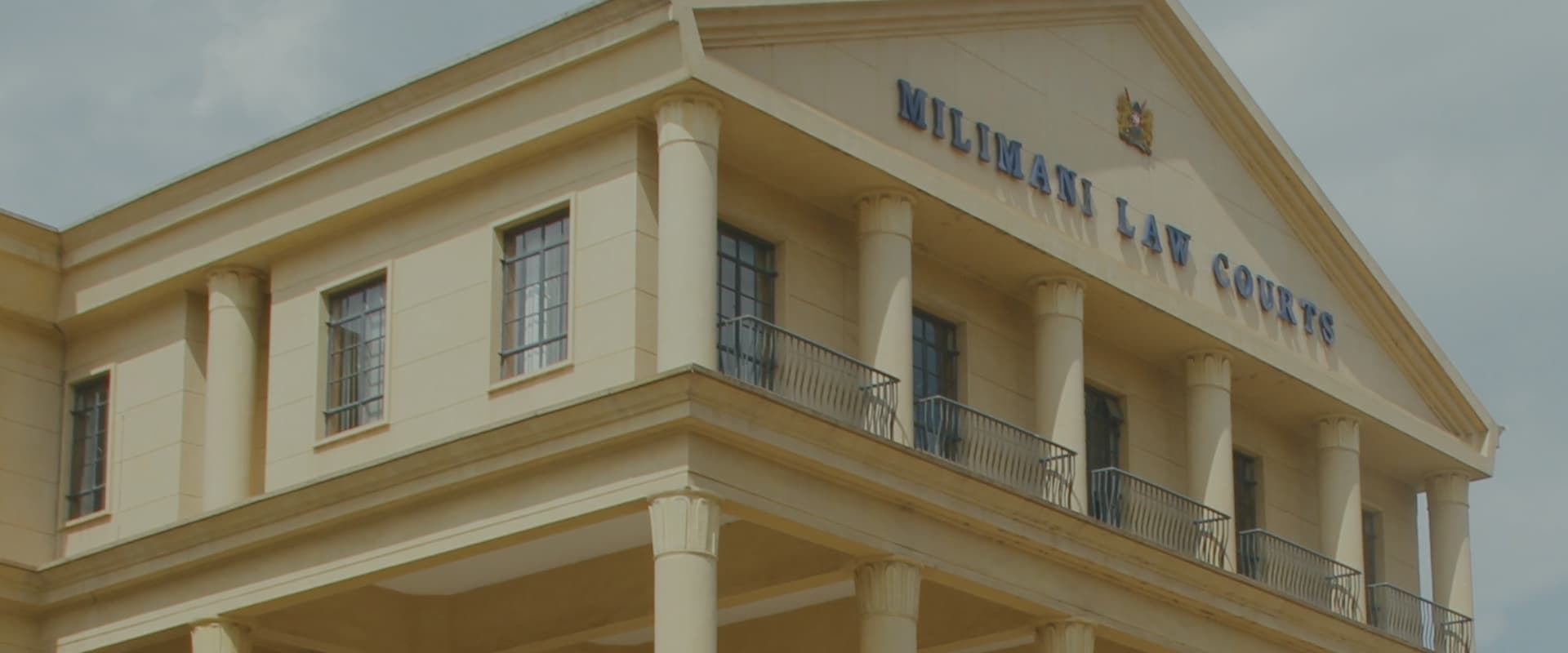We're loading the full news article for you. This includes the article content, images, author information, and related articles.
With top officials cleared in the multi-billion shilling Great Rift Valley Dam case, Kenyans are left asking who stole the funds and whether the justice system is capable of holding the powerful to account.

NAIROBI, KENYA – In a stunning verdict that has sent shockwaves through Kenya’s political and legal circles, the High Court in Nairobi on Friday, November 14, 2025, acquitted all senior government officials charged in the long-running Great Rift Valley Dam scandal. The case, which involved the alleged misappropriation of KSh 63 billion intended for the construction of two strategic dams, has been a flagship anti-corruption prosecution for the past six years.
Former Treasury Cabinet Secretary, Mr. James Ondari, and his Principal Secretary, Ms. Grace Mwende, alongside three other senior ministry officials, were declared not guilty of all charges, which included abuse of office, conspiracy to defraud, and willful failure to comply with procurement laws. Delivering the judgment, High Court Judge Esther Mwangi ruled that the Office of the Director of Public Prosecutions (ODPP) had failed to present “irrefutable and conclusive evidence” directly linking the accused to the loss of funds. The judge cited significant gaps in the evidentiary chain and criticized the prosecution for an over-reliance on circumstantial evidence.
The prosecution, led by the ODPP, had built its case around a series of complex financial transactions, arguing that the officials had authorized and facilitated advance payments to a bankrupt Italian contractor, CMC di Ravenna, without due diligence or securing the necessary project financing guarantees. The state alleged these actions led directly to the loss of public money, as the dams were never built, plunging the country into deeper debt.
However, the court found that the prosecution did not sufficiently prove criminal intent. Justice Mwangi noted in her ruling, “While there is no dispute that public funds were lost and the dam projects stalled, the burden of proof lies with the state to demonstrate beyond a reasonable doubt that these specific individuals were the architects of the fraud. The evidence presented was simply not strong enough to secure a conviction.” This outcome adds to a growing list of high-profile corruption cases that have collapsed in recent years, often due to insufficient evidence or procedural missteps.
The verdict has ignited a firestorm of public debate, with many Kenyans expressing frustration and cynicism. The core question echoing across social media and public forums is: if the top officials are innocent, who stole the KSh 63 billion? The acquittal leaves a gaping hole in accountability, where a colossal sum of public money has vanished, yet no one is held criminally responsible.
Civil society organizations have condemned the outcome as a catastrophic blow to Kenya’s fight against corruption. In a statement released on Monday, November 17, 2025, Transparency International Kenya’s Executive Director, Sheila Masinde, stated, “This ruling, while respecting the court's process, is a demoralizing setback for ordinary Kenyans. It reinforces a dangerous public perception that the judicial system is incapable of holding powerful individuals to account. When such monumental losses occur without a conviction, it erodes public trust in our institutions.”
The Ethics and Anti-Corruption Commission (EACC), the primary investigative body, has remained tight-lipped, only stating it will “study the judgment in detail.” The EACC is mandated to investigate corruption and economic crimes, forwarding its findings to the ODPP for prosecution. This acquittal places the synergy and effectiveness of this inter-agency collaboration under intense scrutiny.
Legal analysts suggest the verdict highlights systemic weaknesses within the prosecutorial framework. Nairobi-based legal commentator, Dr. Willis Otieno, commented, “The failure of this case was not necessarily on the part of the judiciary, but in the preparation and presentation of evidence. Complex economic crimes require an exceptionally high standard of proof, meticulous forensic investigation, and watertight evidence. This outcome should serve as a critical lesson for the ODPP and EACC to overhaul their investigative and prosecutorial strategies.”
The acquittal also has broader economic and international implications. Corruption in Kenya is estimated to cost the country a significant portion of its budget annually, diverting funds from critical sectors like healthcare and infrastructure. Such high-profile failures to secure convictions can deter foreign investment and strain relationships with international partners who demand accountability and the rule of law.
The ODPP has announced its intention to appeal the High Court's decision at the Court of Appeal. In a press release dated November 15, 2025, Director of Public Prosecutions Renson Ingonga stated his office believes there are “solid grounds for an appeal.” As Kenyans await the next chapter in this legal saga, the question of the missing billions remains unanswered, casting a long shadow over the nation's commitment to justice and accountability.
Keep the conversation in one place—threads here stay linked to the story and in the forums.
Sign in to start a discussion
Start a conversation about this story and keep it linked here.
Other hot threads
E-sports and Gaming Community in Kenya
Active 9 months ago
The Role of Technology in Modern Agriculture (AgriTech)
Active 9 months ago
Popular Recreational Activities Across Counties
Active 9 months ago
Investing in Youth Sports Development Programs
Active 9 months ago